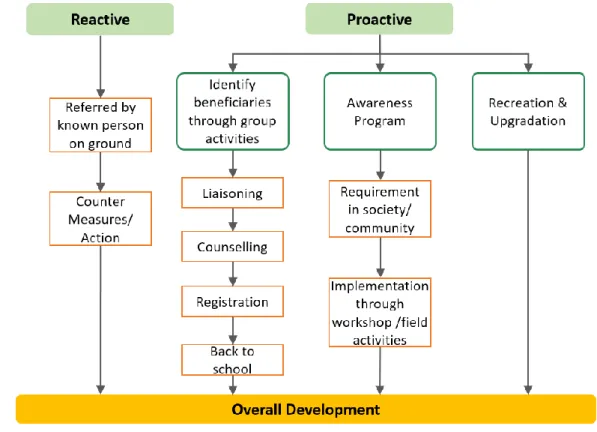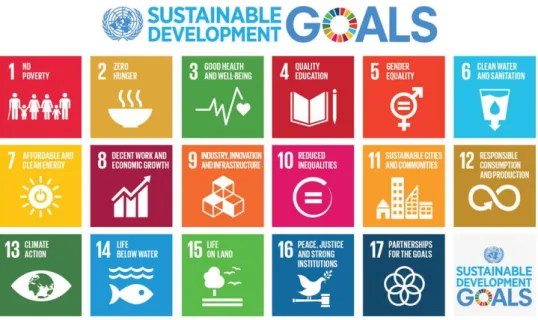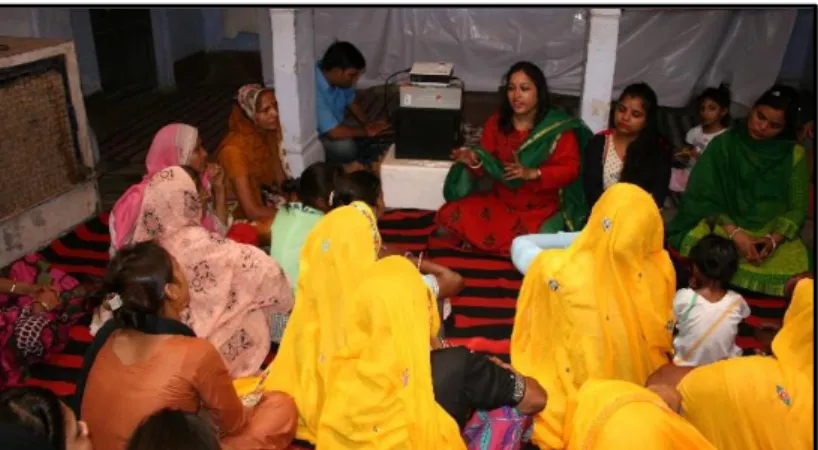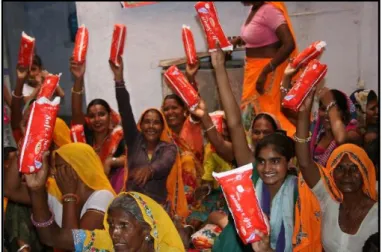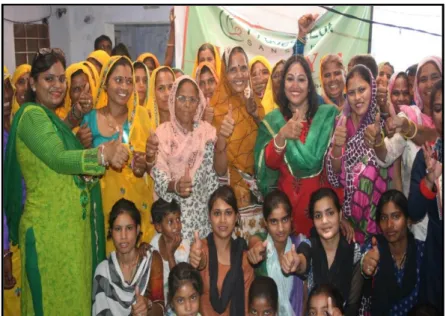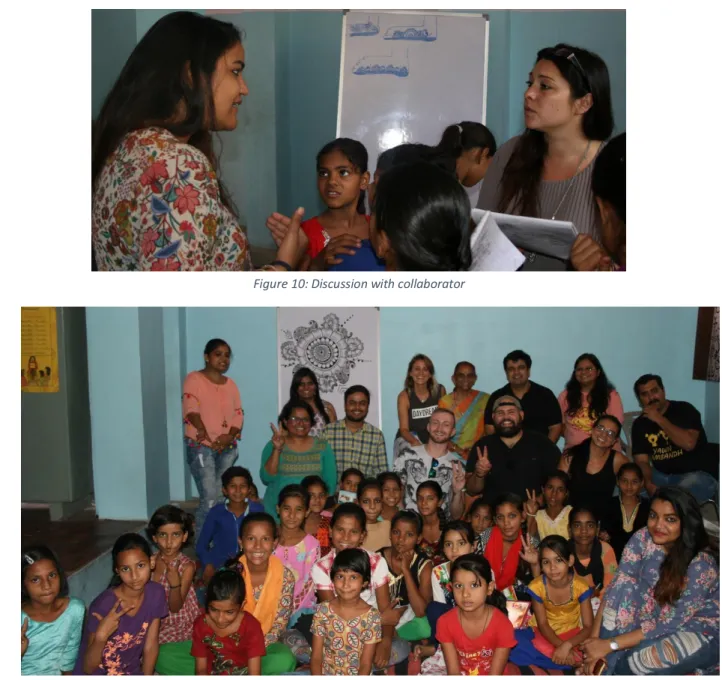The projects with the NGO expose students to different layers of society and their hardships. PraveenLata Sansthan is an NGO registered in April 2013 working in the fields of child welfare, women's empowerment, urban and rural development. This report details PLS's work in the areas of women's empowerment, capacity building, education of female children, personality development, health and hygiene.
Project work involves understanding the background of the project and implementing various management principles to create a plan for rural and urban expansion. We would like to thank SPJIMR and DoCC for enabling us to work in the social sector and to develop knowledge about various aspects related to the operation of NGOs. They created an atmosphere of learning and exchange, which is reflected in the activities of volunteers, employees and others who participate in the NGO's activities.
Project Scope: Plan for Spotless Dames to expand in rural and urban areas. Discussion with stakeholders such as the founder, employees, volunteers, girls in the community center Orientation: Understanding the functioning of the NGO and its programs. In their 4 years of operation, they have made a tremendous impact in Jaipur with their work in child welfare, women empowerment, urban and rural development and received many awards and accolades.
Activities in the above initiatives are carried out through members, volunteers, partner organizations, donors and beneficiaries.
Spotless Dame Initiative
- Why menstrual hygiene management is important?
- Menstruation cases in India
- Government initiatives
- Role of NGOs
- Work done by PLS About Spotless Dame
- Problem Framing
- Approach
- SWOT analysis Strength
Pinky, 14 years old, lives with her parents and younger brothers in a katchaii near a village in Kanpur, Uttar Pradesh, India. Every morning she wakes up at 4am and helps her mother fill water from the village pump, cook and clean before going to school. She throws out her used menstrual pad in the field, where she defecates, then walks back home to wash and clean herself.
Following her mother's advice, Pinky stays home on the days she menstruates, but her mother tells her brother and her father that she is unwell or has a fever. Priya does not like going to school on the days she menstruates because the school toilets are dirty. Kaveri, 12 years old, lives in rural Coimbatore, Tamil Nadu, and is aware that menstruation is linked to a woman's ability to have children - she learned this in her school's biology class.
Her school provides her with free pads provided by the state government and her school toilets have an incinerator to dispose of them. Although menstruation is not the focus of these policies, it is part of the programs implemented for the health and well-being of women and adolescent girls. Swach Bharat Mission (SBM), India's national cleanliness program launched in October 2014, is run in rural areas by MDSW and in urban areas by MOUD.
The Sarva Siksha Abhiyan (SSA, 2000-01) and Rashtriya Madhyamik Shiksha Abhiyan (RMSA, 2009) work towards increasing retention in school by providing proper infrastructure for sanitation. Create influencers: Girls usually look to their mothers for advice and guidance related to menstruation, but about 70% of the mothers think it is dirty and do not have enough information about the hygiene practices to be followed. Build infrastructure: NGOs can work to build new toilets or renovate them to provide good sanitation facilities in the school.
Production units and logistics: NGOs can collaborate with various social entrepreneurship projects to provide both production and logistics support. Initiative by PraveenLata Sansthan to spread awareness about menstrual hygiene in all walks of life. Discussion with villagers, sarpanch and Aanganwadi workers Visit to Senthal village to gain insight into the various.
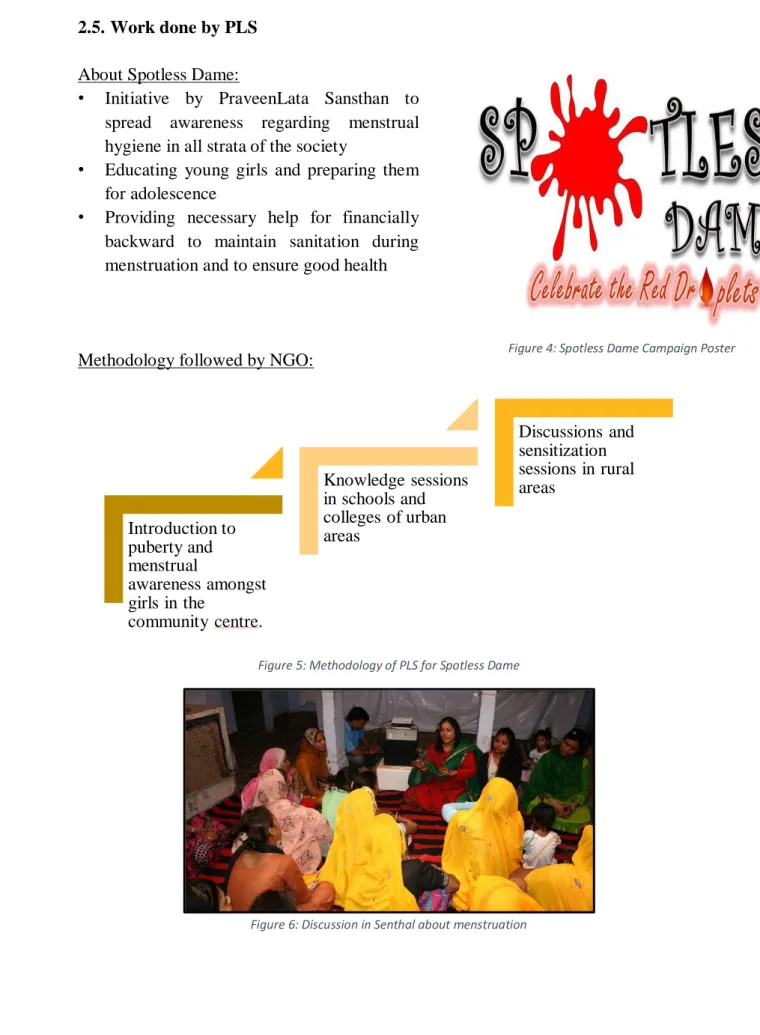
Analysis
- AEIOU framework
- Empathy map
- Focus group discussions
- Insights
- Lens: promote, prevent, manage
- Choose opportunity areas using DFV
- Importance vs Difficulty Matrix
The girls at the community center have a friendly environment where they can interact directly with the founder - the NGO office shows achievements through awards and newspaper clippings. Lack of funds to rent/buy a new space - Best space available in the locality - Parents prefer to send their daughters to the NGO attached to the house knowing that someone will be always around - Lack of budget to have security equipment. Are the NGO's achievements being used locally or through social media to get funding.
Some of the former volunteers have done exceptional work in advising and streamlining the work of the NGO. 60 to 80 girls come to the center and teaching them a livelihood is crucial for their future and to get and retain more girls. The center only caters to girls because the parents do not want to send to the co-ed institute, as there is a possibility of coupling between them.
The founder feels motivated to learn and expand the current structure. The girls at the center are brave enough to stand up for themselves and their families. Security is a concern and there are plans to install CCTV and other security measures at the centre. Discussions were held in the city (Laadli community center) as well as in the countryside (Senthal village) to understand the problems faced by women and young girls related to sanitation and menstruation.
When the underwear is put out to dry in the open after washing, the grandmother learns that the girl at home has started her period since underwear is not worn differently in the slums where these girls live. Many middle-aged women do not use underwear and are not aware of sanitary napkins. Few of the girls go to college in Dausa to study and they are aware of using sanitary napkins.
Many of the girls deal with menstrual pain and irregular periods but do not consult a doctor because they are shy about it. For effective implementation, resources must be drawn from urban areas to provide services in both rural and underdeveloped urban areas. Menstrual hygiene workshops in both urban and rural schools for the age group 14-16
Wild card - Sessions organized with successful women who come from similar backgrounds to girls in the community centre. Organized sessions with successful women who come from similar backgrounds to girls in the community centre.
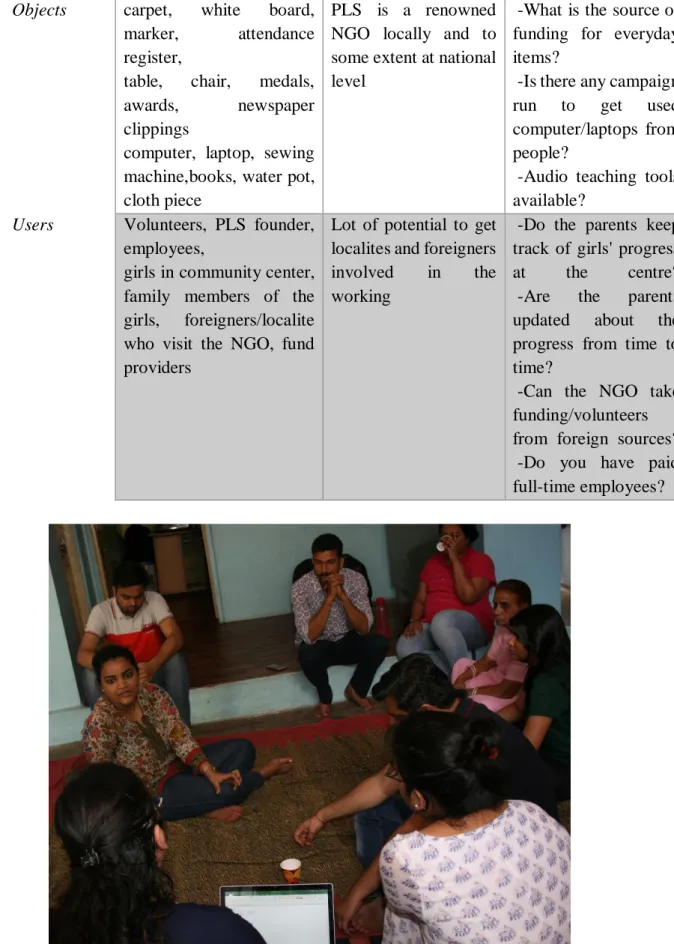
Execution
Collaborate with several colleges in Jaipur and suburbs to offer their students a volunteer program to join PLS. Not only will this benefit the NGO as they are in dire need of volunteers to work for them due to lack of funds but it will also benefit the students as almost all higher studies ask the students for social work by them to state. Give to Gain' Campaign is a superhero themed campaign that makes students feel like working for PLS is like being a superhero to these kids.
This TG is most associated with superhero and focusing on this topic will help the NGO to gain their interest and attention. Once the community center is established in Senthal village, the NGO should conduct a pilot session with GoI-released Hindi animation film on menstruation education and do an interactive session for women of all ages to educate them on the topic and consequences of non-abortion. hygiene during the cycle. We have created a database for an NGO that includes all past sanitary napkin distribution records for better tracking and management and also for evidence to be submitted to companies or the government for funding.
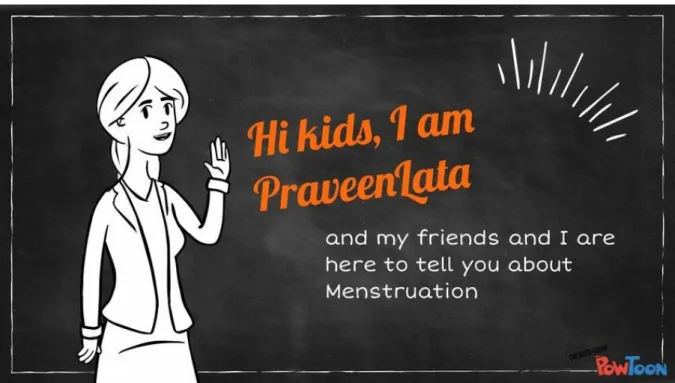
Other activities
Recommendations
NGO should request all its patrons to share the posts as much as possible to reach masses. NGO should focus on all public, private and government schools in Urban Rajasthan for menstruation education to gain prominence in the industry. NGOs should actively associate with colleges for volunteer programs in both summer and winter vacations to meet the demands they face regularly.
As part of their CSR activities, NGOs should work with companies to get sanitary napkins sponsored for their community center. NGO should also appoint a brand ambassador who is close to this subject and who is a prominent personality in the circuit.
Conclusion & Learnings
Glossary
